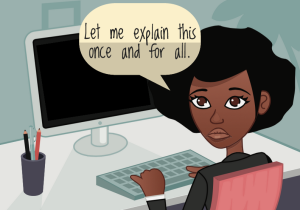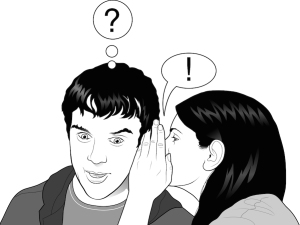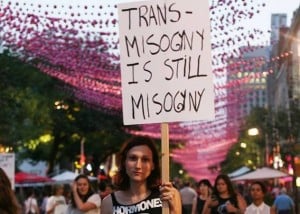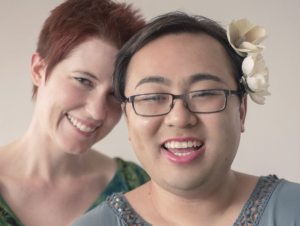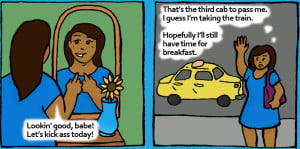
Source: Pond 5
Originally posted at Mamamia and cross-posted here with their permission.
I had left high school quite early on and had been working for a few years as a furniture maker. But by my early twenties, I had a growing sense of responsibility and decided to go into nursing.
Historically, the first nurses were male, but that was a very long time ago. Now it’s very much a gender defined role, one that has historically been dominated by women.
And the work force certainly reflects that.
You are never a nurse; you are the male nurse.
We often joke about it in the workforce, and it’s definitely a stereotype that is beginning to be broken down.
Some specialties, like critical care, tend to attract more males, and in a major city, the Intensive Care Unit (ICU) can be an all-male staff.
The whole acceptance of the male nurse is culturally-based as well.
In some cultures, relatives of patients I have treated find it incredibly hilarious that you’re a male and you’re not an engineer or a doctor. And in other countries, it’s far more accepted for males to be nurses.
My friends were very surprised when I told them that I was going to become a nurse.
And I still find that I almost have to put up a level of defense when someone asks me what I do.
If I say I’m a male nurse, I almost get ready to follow it up with “and so what?”
It’s actually easier to say that I work for Médecins Sans Frontières than to say I’m a nurse.
I do feel like I have to defend the position, or in some ways reinforce my masculinity.
I have had to explain why I work as a nurse because people often think that’s not what “real men” do. Because real men are supposed to be engineers or builders.
Ironically, nursing is actually an area that requires enormous strength far beyond the physical that is so often attributed to masculinity.
In terms of personal development, growing as a person, and exploring and testing your own inner strength, I can’t think of anything more intense than nursing.
One of the hardest things in the world to do is watching a child die. And that’s what you have to do as a nurse.
Even as a doctor, you can come and offer suggestions, and while some doctors are in the role where they have to stay until the end, most are not.
As nurses, we are there the whole time, watching all the suffering, maybe without solution and maybe even disagreeing with some of the solutions that are offered.
It is an incredible test of your emotional stability and your ability to experience the level of trauma that you routinely have to do as a nurse.
The role of a nurse is also enormously challenging to your ego.
It’s hard to maintain your own sense of identity when your whole role is to serve people and to do the things that no one else wants to do.
That is challenging for anyone to do, but those who proclaim higher levels of masculinity would find it incredibly hard.
While I knew it wouldn’t happen initially, my aim was to always work internationally and to be able to assist populations in need while exploring life in all its harshness.
As you grow and you have explored the world and you turn statistics into realities, and numbers into individuals, you see the reality is far worse than you could have ever imagined.
It’s definitely not an experience where you come back feeling gratified thinking I’ve done my bit and can go to drinking lattes. That sense of responsibility just deepens. I always think I could have done more.
You try to remember the ones you did help, but you always remember the ones that you didn’t.
[do_widget id=”text-101″]
Brett Adamson has over five years experience working in the field as a nurse for Médecins Sans Frontières. He has just returned from South Sudan where he spent three months working as an emergency nurse with refugees. His first mission was in 2008, where he spent five months in Ethiopia working on nutrition emergency. Having recently returning home from South Sudan, Brett will now take some time out in Australia before heading off on his next field placement for Médecins Sans Frontières.
Search our 3000+ articles!
Read our articles about:
Our online racial justice training
Used by hundreds of universities, non-profits, and businesses.
Click to learn more






